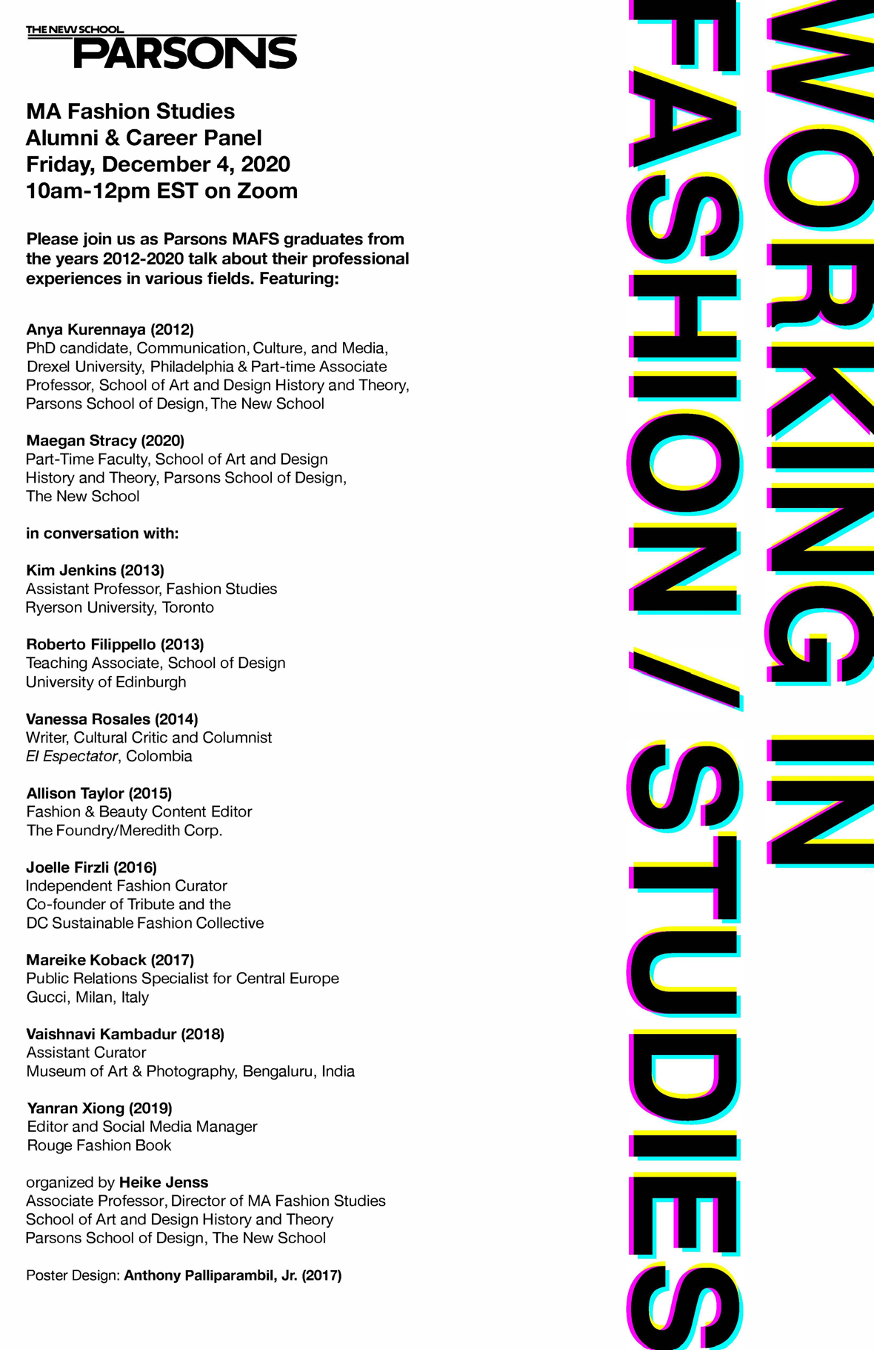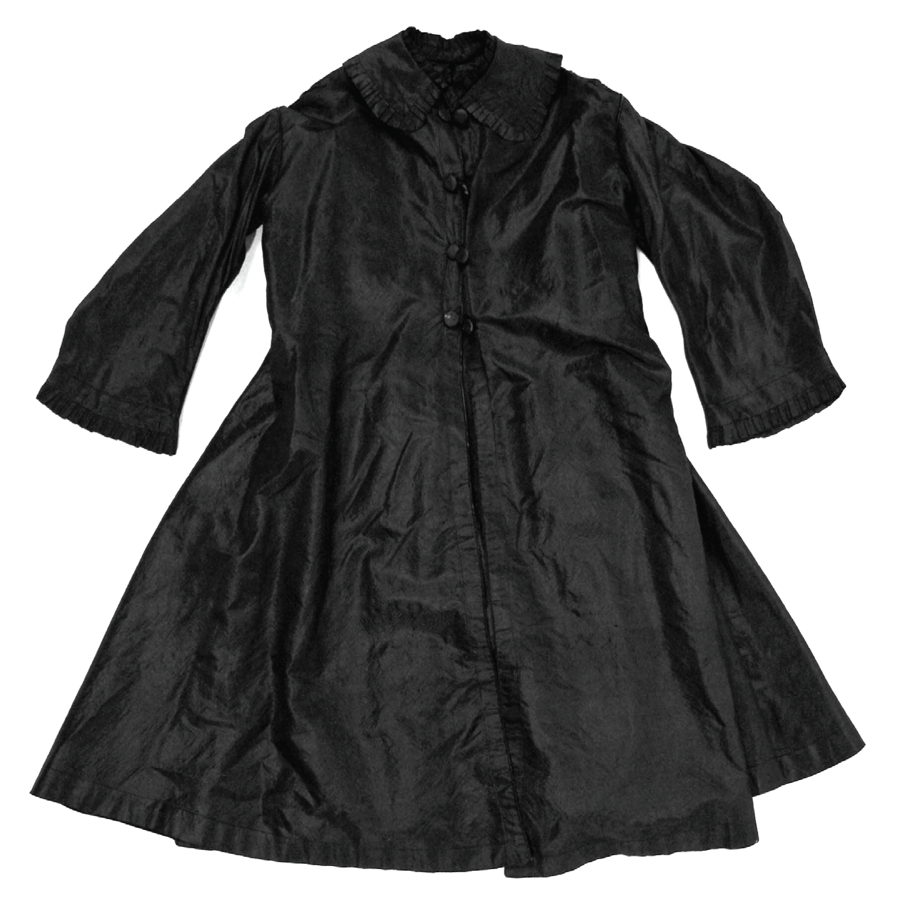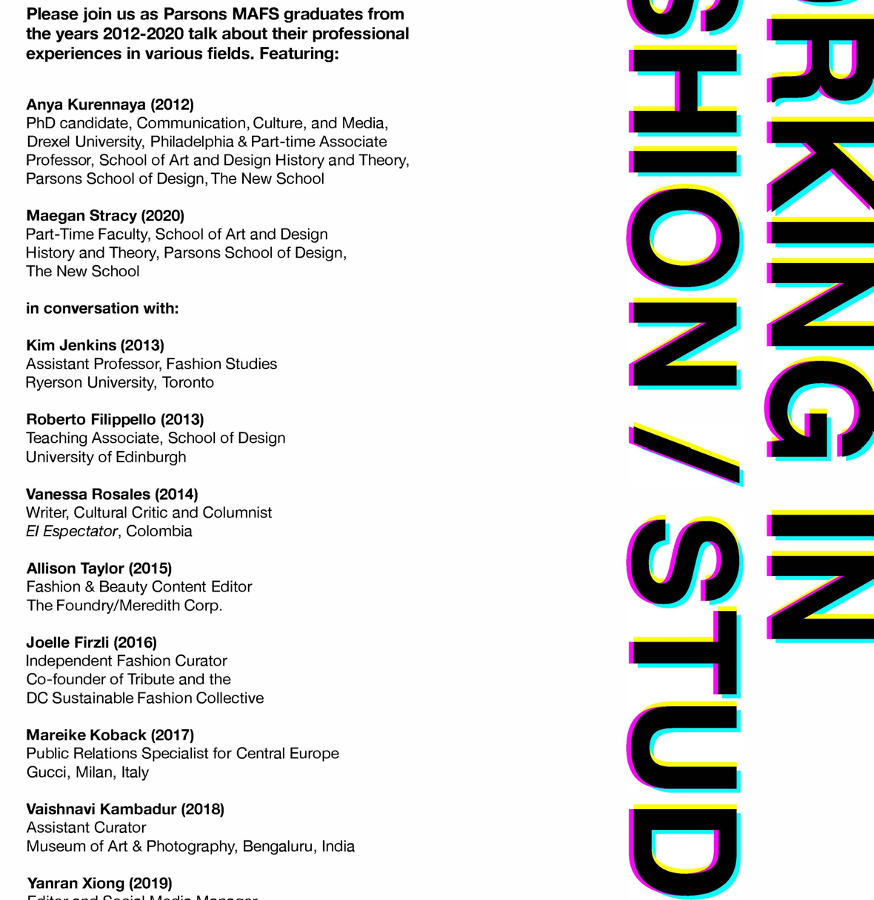Written and Directed by Corinna Belz
A Kino Lorber Release
Runtime: 97 minutes
Now playing at Film Forum, 209 West Houston Street
“…they do what they want. I planned something totally different.”
So says the acclaimed contemporary artist, Gerhard Richter, speaking about his paintings in a mesmerizing new film documenting the artist between April and September 2009. Richter says this in just one of many revealing and humble moments in which he reflects on his own freshly painted canvases or looks back at his life growing up in East Germany. Rare it is that a viewer or any art lover gets such a fly-on-the-wall look into the method and behind the scenes process of a revered and prolific living artist, whose work is sought by art collectors and art institutions internationally.
The film is at times brooding with the help of the film’s music and the long silences of thought and questioning, save for the noise of Richter’s massive squeegees in which he decimates and repaints his large canvases. The scenes are interspersed with footage of his earlier years in the 1960s, and the viewer sees his notions of painting hasn’t much changed in the last forty years, though the work he created varied dramatically, ranging from abstract (such as the grey monochrome paintings) to photorealism.
While this background talk and insight into details such as what paint colors Richter specifically likes to use is interesting, the most fascinating aspect of the film, is—what the film’s title blatantly suggests—watching him paint. And paint. Watching Richter work is captivating. He moves from one canvas to another, using paintbrushes and then his giant squeegees, and director Belz pieces together her footage to reveal each work’s transformations. As the artist stands back to critique and ponder his work silently, sometimes throwing a comment out towards Belz or the camera, he is completely aware he is being watched. His doubt is clear and he even admits that painting under observation is hard for him. He feels exposed, but laughs it off. Ultimately, he tends to think his works could be better. All the while, the viewer is left wondering, “How does he avoid getting paint on himself?”
–Janet Kim



























